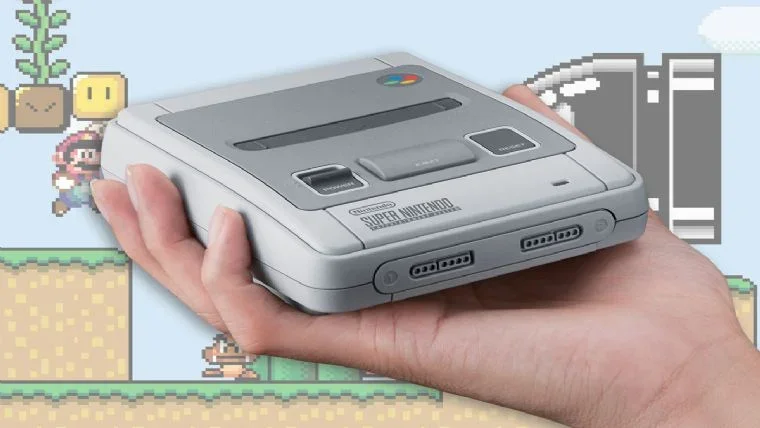
Paul Rudd Revisits Classic SNES Ad to Hype New Nintendo Switch
Nintendo has enlisted actor Paul Rudd for a brand new commercial promoting the Nintendo Switch 2. The ad cleverly pays tribute to Rudd's own cheesy yet endearing Super Nintendo commercial from the 1990s. The original spot a young Rudd, complete with a long black jacket, beaded necklace, and distinctive hairstyle, arriving at a drive-in theater with his SNES.

He then plugged in the console and began playing classic games like *The Legend of Zelda: A the Past*, *F-Zero*, and *Sim City* on the big screen, attracting a crowd of curious onlookers. The commercial famously ended with the tagline: "Now you're playing with power." In the new Nintendo Switch 2 commercial, Rudd, looking remarkably similar despite being 34 years older, reprises his role. He sports the same coat, necklace, and hairstyle, but this time he enters a living room to play with comedians Joe Lo Truglio and Jordan Carlos, along with a child who refers to him as "Uncle Paul."
The group plays *Mario Kart World* using the system's new GameChat feature. Rudd's 90s attire and over-the-top attitude are playfully mocked, with the commercial even poking fun at the original's use of a fog machine and strategically placed fan. Instead of "playing with power," Rudd declares, "Now we're playing together." The commercial embraces its own cheesiness, acknowledging the original's goofiness for a charming effect.

interviewed Rudd about his experience filming a follow-up Nintendo commercial over three decades after his first. He revealed that he believes he wore his own beaded necklace in the original commercial and that he enjoyed playing *Mario Kart World* between takes. However, he was not allowed to take a Nintendo Switch 2 home with him.
Recently, there has been news about Nintendo Switch 2 preorders potentially resuming on April 24th, with a price of $450. However, accessory prices may be higher due to tariffs in the United States.